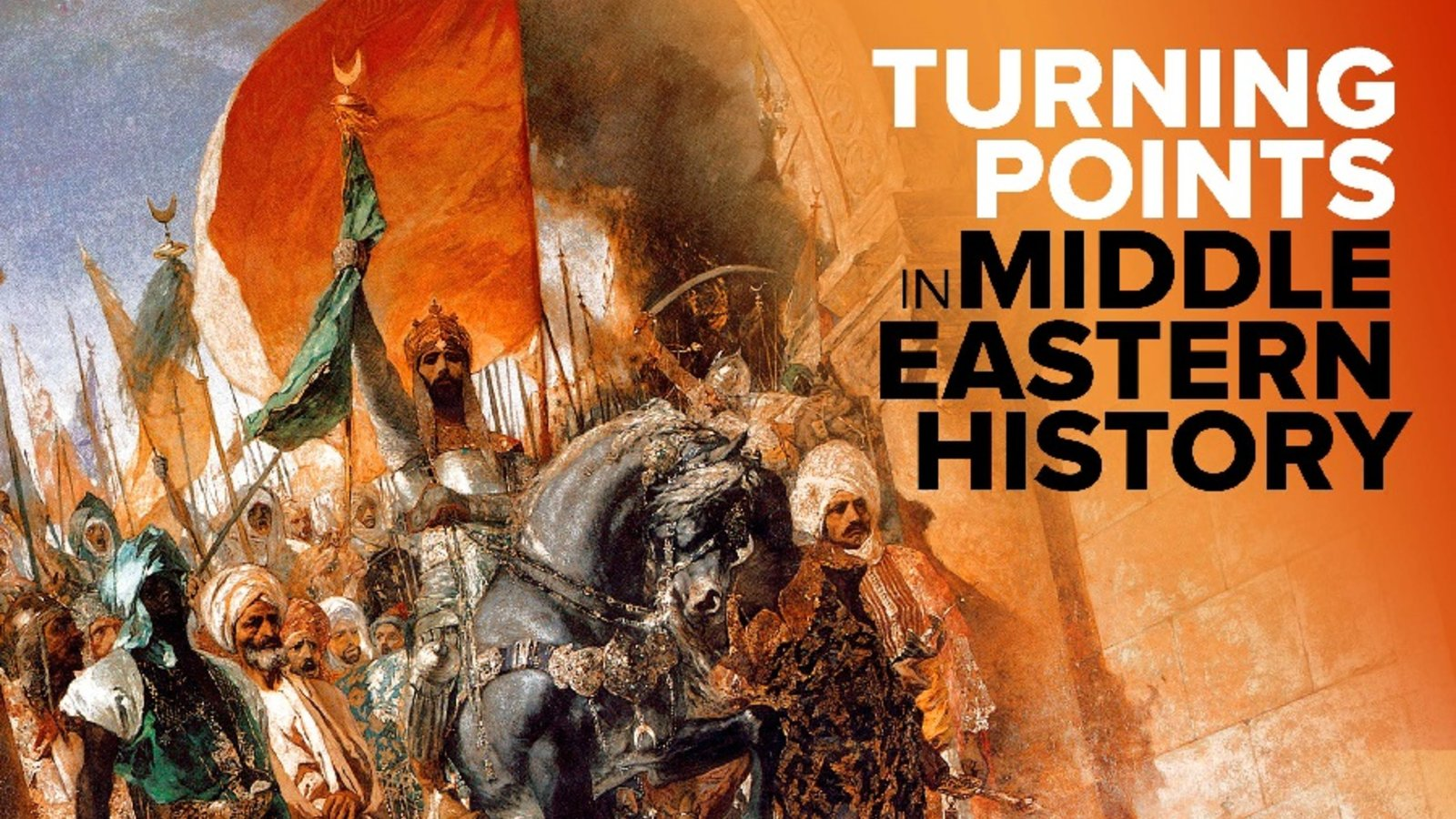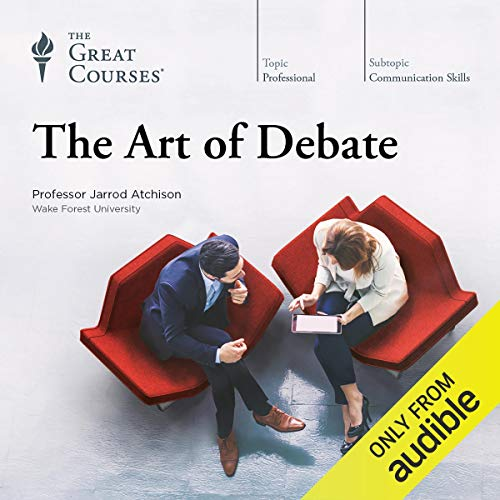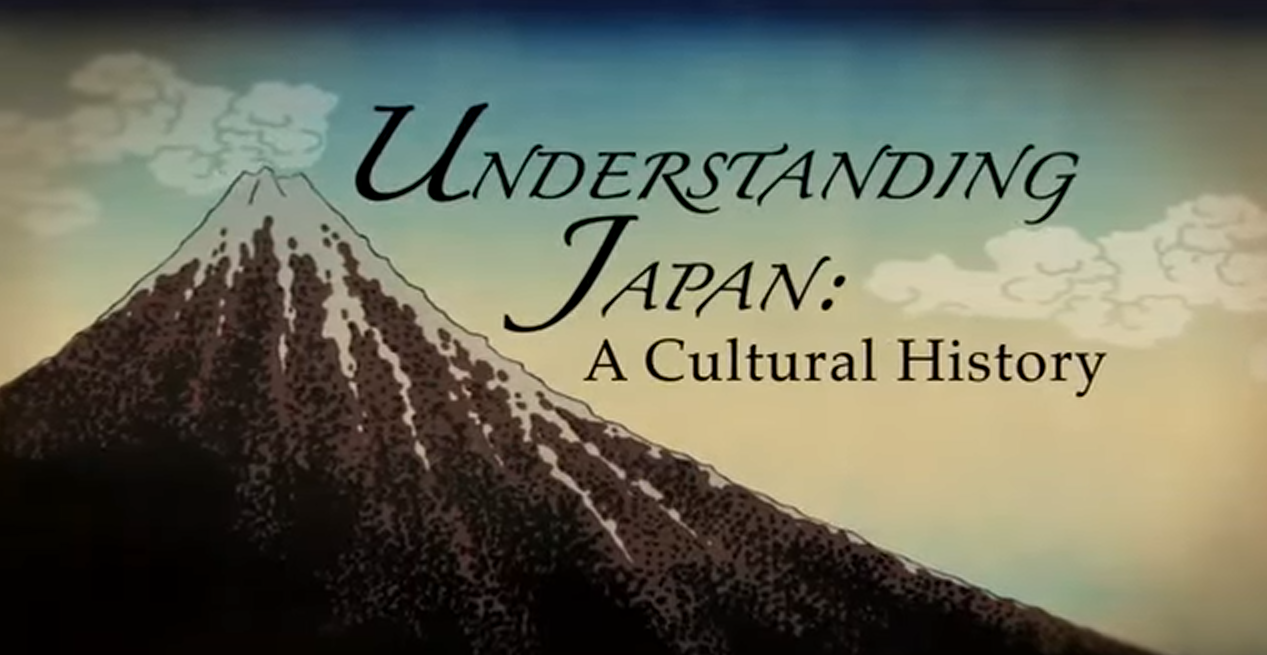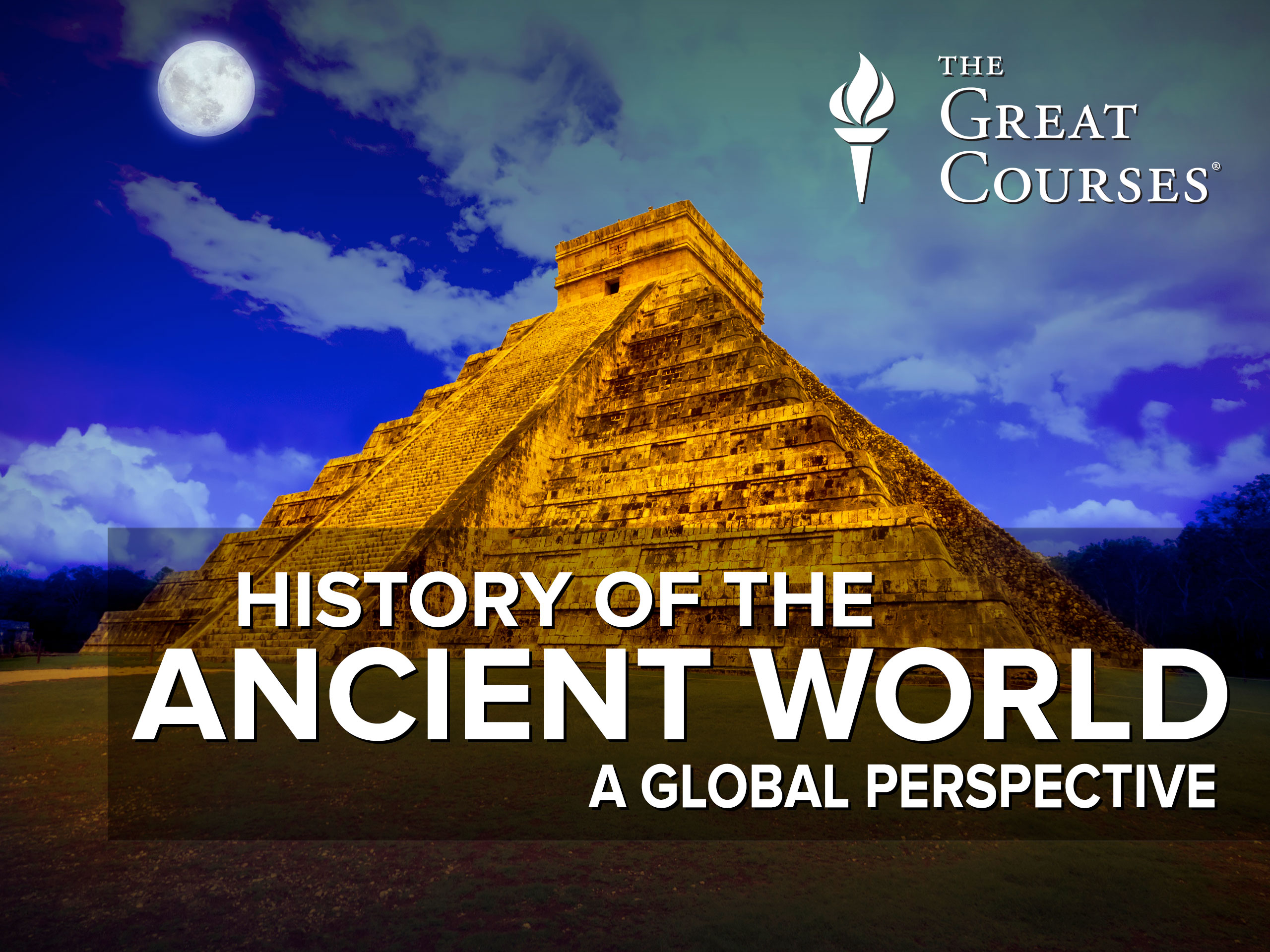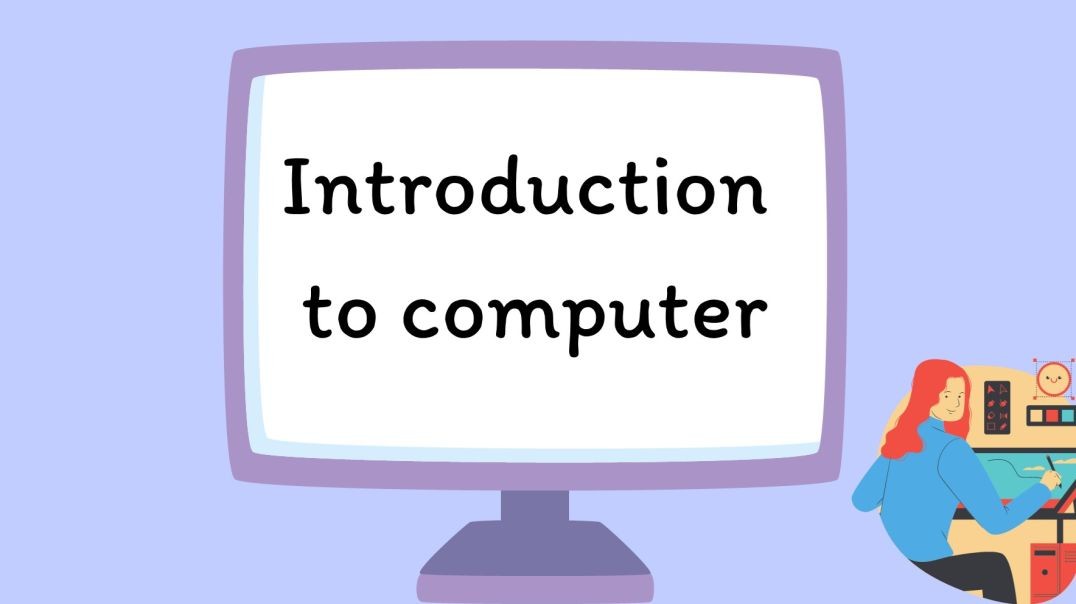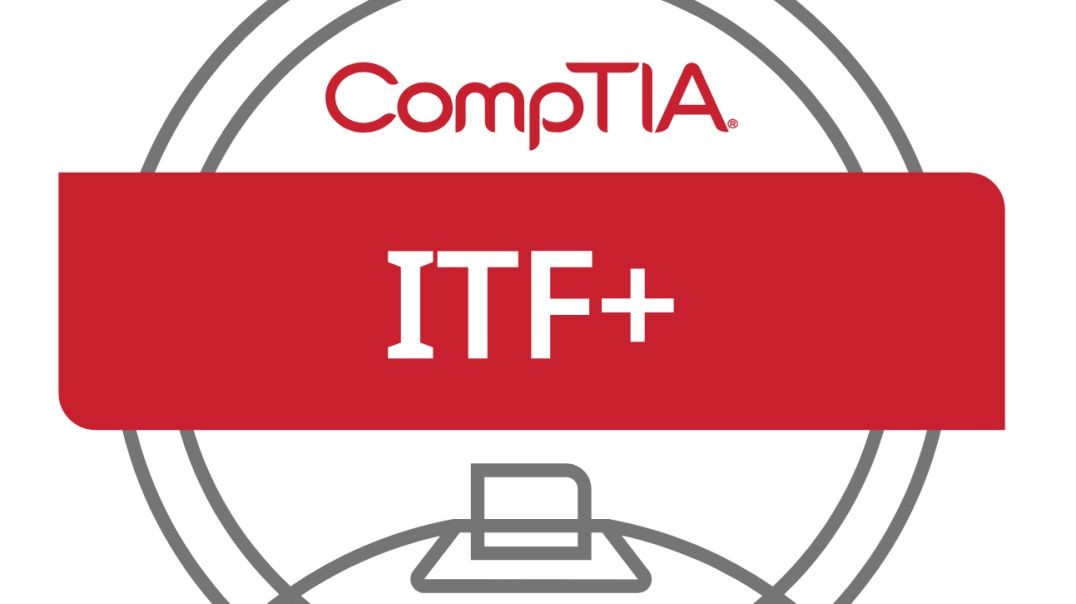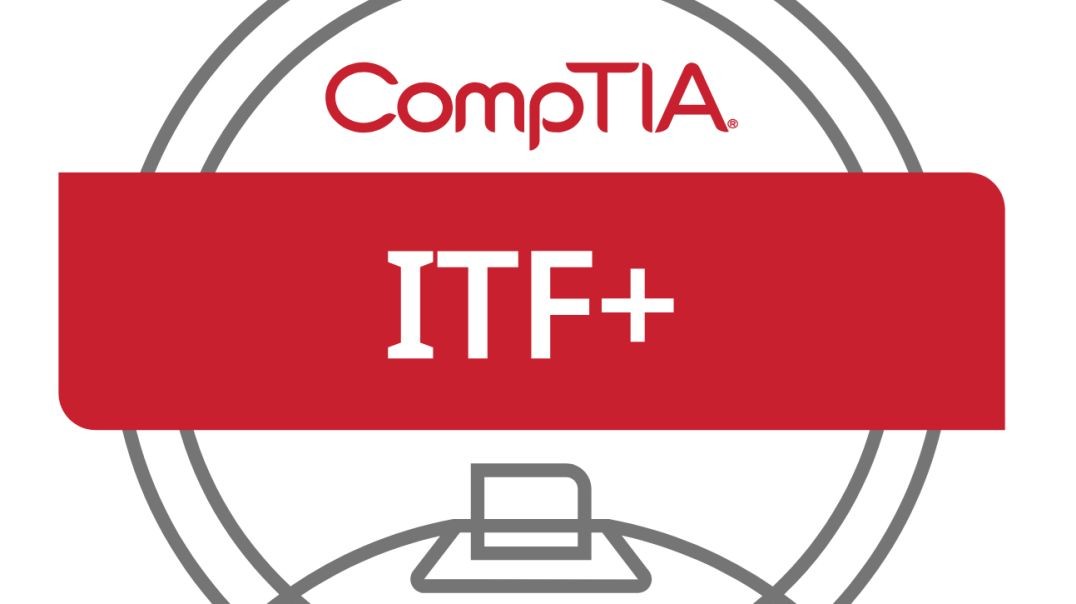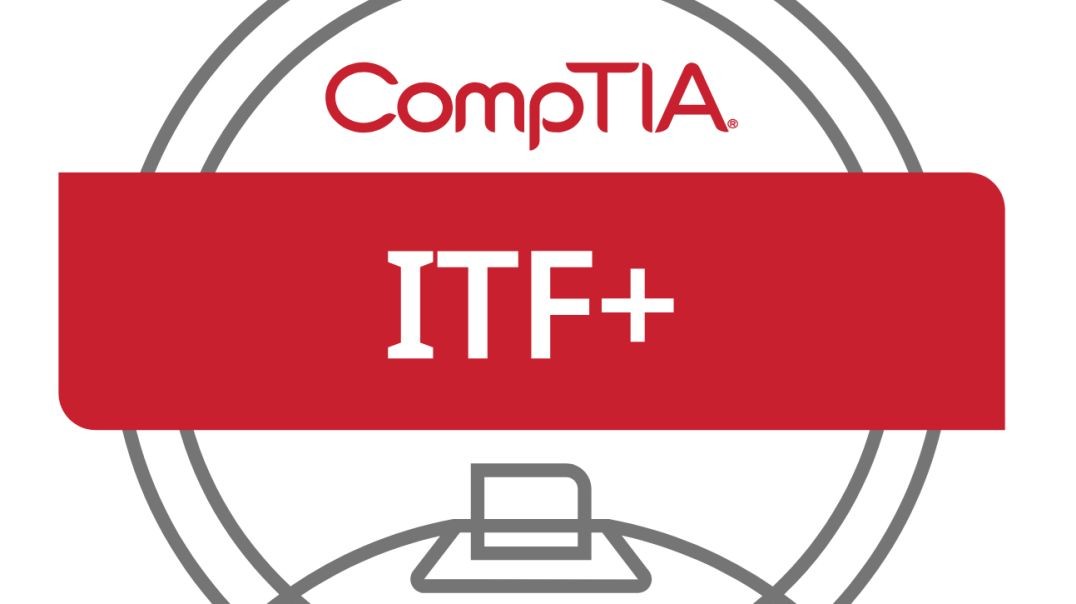Top videos
Examine the birth of the 250-year Safavid Empire, established by the religious leader, warrior, and poet Ismail. Observe how Ismail forcibly converted his entire kingdom to the Shiite Islamic faith, introduced a new military system, and put in place the Persian bureaucratic framework that underlies the modern nation of Iran.
Continue your study of fallacies with a survey of fallacies that stem from the actual debate itself. To make their case, debaters often resort to false analogies, straw men, and ad hominem attacks. Fortunately, once you learn to recognize them, you will be well prepared to combat them and score points to win the debate.
No plan survives contact with the enemy, which means no matter how well you've constructed your case, you will need to defend it. Fortunately, there are several straightforward elements of a good rebuttal-assessment, organization, and emotional appeal-and Professor Atchison guides you through each element in this lecture.
Lasting for over 250 years, the Tokugawa shogunate curtailed both globalization and Christianity. How did this feudal government come to power? How did its policies isolate Japan? Along the way, you'll get an insightful look at what we really mean by "isolation" - and how Japan was shaped by foreign cultures even when most Japanese were banned from traveling overseas.
Investigate the Meiji Restoration: the start of the third major period of Japanese globalization, defined by a vibrant synthesis of tradition and modernity. From the abolition of the samurai class to the creation of a new educational system to the restructuring of land ownership, how did Japan achieve revolutionary change through a smooth political transition?
What makes 1989 the turning point for contemporary Japan? Explore four pivotal moments from that year whose repercussions are still being felt in the Japan of the 21st century: the death of Hirohito, China's Tiananmen Square Massacre, the bursting of the Japanese real estate bubble, and a dramatic stock market crash.
The course's first civilization reveals a theme that will appear again and again. Grasp the critical role of geography and resources in shaping not only Mesopotamia's method of subsistence, but also its religion, structures, empire, and means of leaving its written record.
In an ironic reversal of the Indus legacy, the next great era of Indian history is known through an enormous bounty of texts, but relatively little archaeological or material evidence. Grasp what the thousands of verses we have tell us about Vedic culture and religion.
Witness the early development of a unique culture that viewed itself as constituting the entirety of the world and thus the site of all cultural advancement, with the latter self-image largely maintained even after China gained an awareness of the world beyond its borders.
From 700 to 500 B.C., thinkers around the world began to turn to fundamental philosophical questions. This lecture focuses on those whose concerns addressed this world and its pragmatic issues through rational inquiry, including Confucius, the Legalists, and the Greek philosophers known as the Ionian Rationalists.
Your attention shifts to those thinkers who looked beyond the physical world for answers to their questions about the fundamental issues of existence. Examine the impact of several key texts and belief systems, including the Upanishads, Jainism, Buddhism, Daoism, and Zoroastrianism.
Percobaan Ayunan Bandul - Menentukan besar percepatan Gravitasi
Module 2 Part 5: Expansion, Firmware, and Assembly
CompTIA IT Fundamentals+ Course | Module 6 Part 8: Installing Devices and Peripherals
CompTIA IT Fundamentals+ Course | Module 7 Part 1: Networking Fundamentals
CompTIA IT Fundamentals+ Course | Module 7 Part 7: WAN Communications
OSN-K Informatika 2024
OSN-K Informatika 2024
CompTIA IT Fundamentals+ Course | Module 11 Part 6: Folders and Directories
CompTIA IT Fundamentals+ Course | Module 11 Part 8: Navigating the File System
